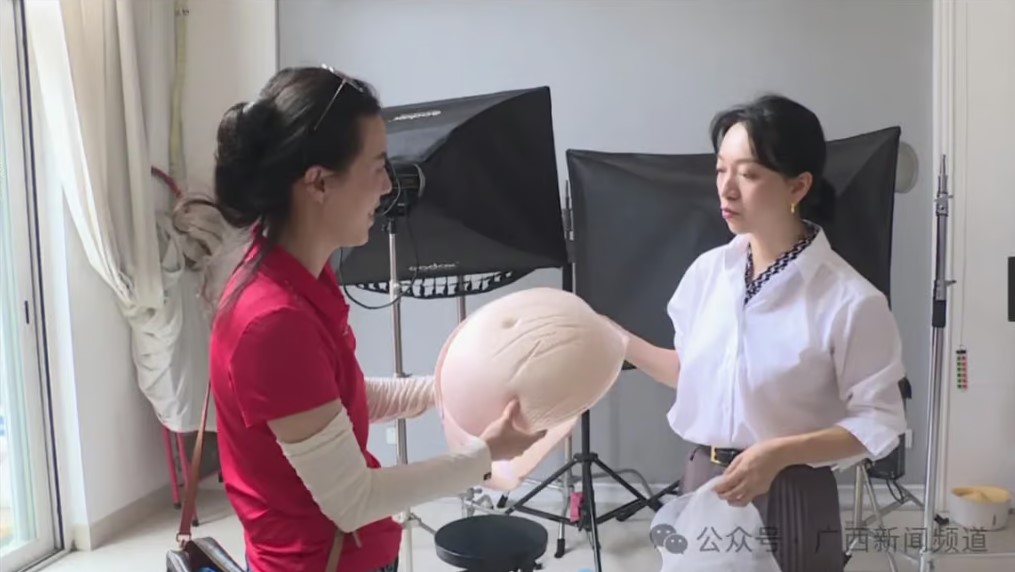Introduction to Reverse Aging: The Future of Anti-Aging Medicine
Aging is a natural process that affects all of us, but what if science could help slow it down or even reverse it? Though still in the early stages, treatments to counteract the biological effects of aging are no longer science fiction. Researchers are uncovering the mechanisms behind aging, and some therapies are already showing promise in extending lifespan and improving health. While influencers may exaggerate the possibilities, the scientific community is making significant strides in developing real anti-aging drugs.
Rapamycin: The Miracle Drug from Easter Island
One of the most promising anti-aging drugs comes from an unexpected source: Easter Island. Discovered in the 1960s, rapamycin is a potent compound with diverse medical uses, from treating cancer to preventing organ rejection in transplant patients. More recently, it has gained attention for its potential to slow aging.
Rapamycin works by enhancing autophagy, a process where cells clean up damaged proteins. By encouraging this “spring cleaning” within our cells, rapamycin can help prevent the accumulation of dysfunctional proteins, a key factor in aging. In laboratory tests, rapamycin extended the lifespan of mice by 20%, and even older mice (equivalent to 60 years in human age) showed benefits when treated with the drug. Although human trials are limited, early results suggest that rapamycin could be an important tool in the fight against aging.
Reverse Aging: Existing Drugs That Could Boost Longevity
Some medications we already take might offer more than just symptom relief—they could help us live longer and healthier lives. A recent study ranked drugs based on their potential to extend lifespan, and diabetes medications like SGLT-2 inhibitors (canagliflozin, dapagliflozin, empagliflozin) topped the list. These drugs, primarily used to manage blood sugar, have been shown to improve overall health and even extend the lifespan of mice. Other potential longevity boosters include metformin, acarbose, bisphosphonates (used to treat bone loss), and weight-loss drugs like semaglutide.
What makes these drugs particularly exciting is that we already know how to use them safely. Since they are already FDA-approved, researchers could begin trials to investigate their anti-aging benefits without waiting for new approvals. If proven effective, they could become widely accessible treatments for slowing aging.
Senolytics: Targeting Senescent Cells
As we age, our bodies accumulate “senescent” cells that no longer divide and function as they should. These cells can contribute to aging and disease, including cancer and heart conditions. Researchers have discovered that clearing out these senescent cells can improve health and extend lifespan.
In a 2018 experiment, a combination of dasatinib (a chemotherapy drug) and quercetin (a compound found in fruits and vegetables) successfully eliminated senescent cells in mice, leading to healthier and longer lives. This approach, known as senolytics, is gaining traction, with over 20 companies exploring therapies to clear out these harmful cells. If successful, senolytics could revolutionize the way we treat aging, offering a targeted approach to the root causes of age-related diseases.
Harnessing the Power of Youth: Reversing Age at the Cellular Level
One of the most groundbreaking areas of research involves unlocking the regenerative potential found in youthful cells. The immortal jellyfish (Turritopsis dohrnii) can revert its biology to an earlier life stage, essentially reversing aging. While humans can’t revert to a “junior” stage like jellyfish, recent research shows that it may be possible to turn back the biological clock in human cells.
In 2012, scientists Shinya Yamanaka and John Gurdon won the Nobel Prize for discovering how to turn adult cells into “pluripotent” stem cells. These cells have the ability to develop into any type of adult cell, which could potentially repair damage caused by aging. Although reprogramming cells in adult mice caused some issues, new experiments have shown that activating specific genes intermittently can yield positive results without side effects. Research funded by companies like Altos Labs, which has received significant investment from figures like Jeff Bezos, is exploring how to translate this breakthrough into human treatments. Preliminary studies suggest that activating these genes could extend the lifespan of mice by up to 25%.
Combination Therapies: The Future of Anti-Aging Medicine
Researchers are also exploring the effects of combining multiple treatments to enhance their anti-aging benefits. A recent experiment tested a combination of rapamycin, acarbose, and other therapies on mice. The results were astounding—male mice lived nearly 40% longer, and female mice lived 30% longer, than those that received only one treatment. This suggests that a multi-pronged approach to aging could be more effective than relying on a single drug.
The “Robust Mouse Rejuvenation” study is taking this idea further by testing up to four treatments, including rapamycin and senolytics, on 1,000 mice. Early results indicate that combining these therapies leads to longer lifespans. If this approach proves successful in humans, it could open the door to personalized anti-aging treatments that address multiple biological processes simultaneously.
Conclusion: The Road Ahead for Anti-Aging Treatments
While aging is a complex process influenced by many factors, the field of anti-aging medicine is rapidly advancing. From existing drugs with potential longevity benefits to groundbreaking research into senolytics and cellular reprogramming, scientists are finding ways to slow or even reverse the aging process. With continued investment and research, we may soon see treatments that allow us to live longer, healthier lives, potentially within the next decade.
These therapies won’t make us immortal, but they may significantly improve our quality of life and reduce the risk of age-related diseases. If all goes well, future generations may benefit from the ability to stay biologically younger for longer, ushering in a new era of medicine.






